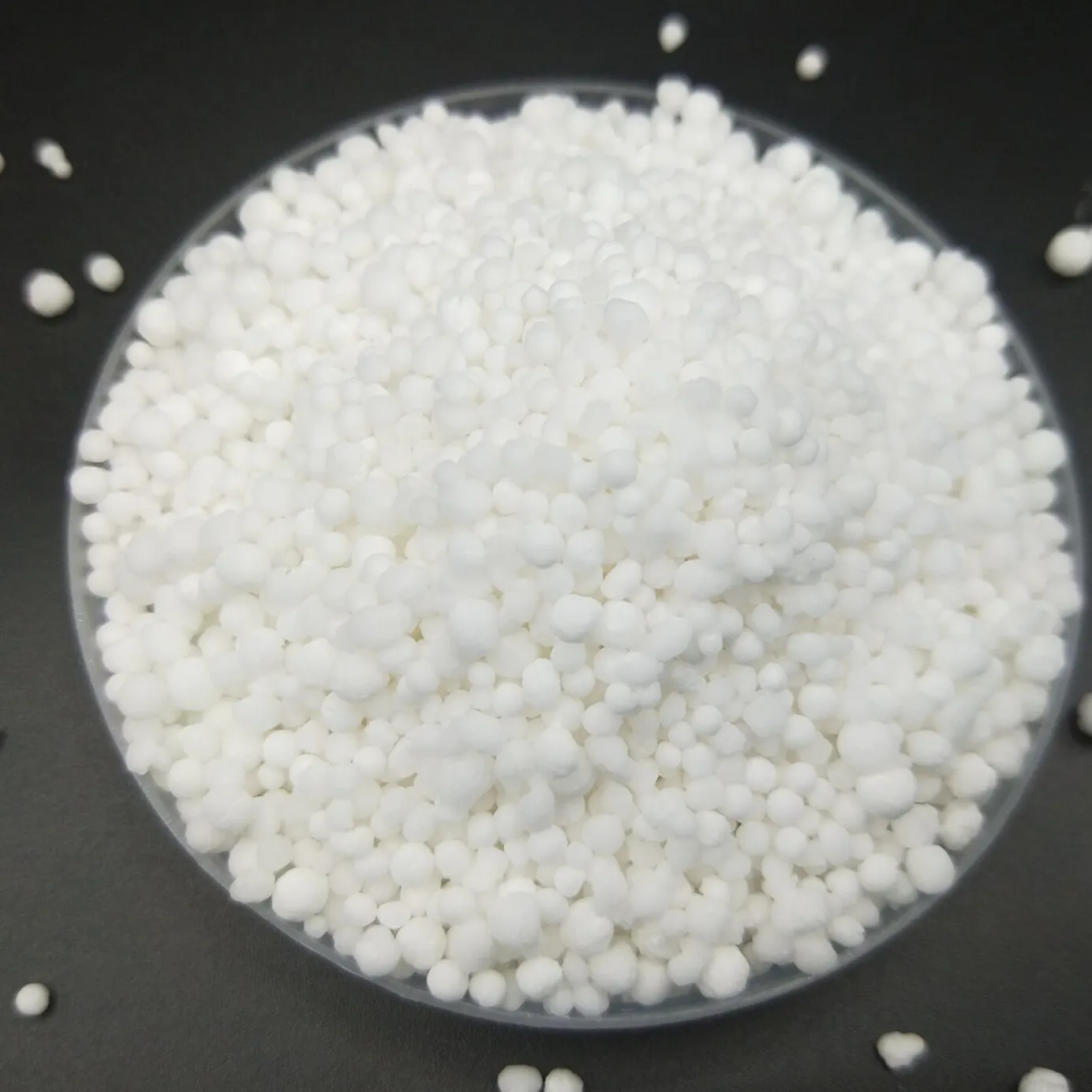
Eki . 18, 2024 06:43 Back to list
fertilizer with less nitrogen
Exploring Fertilizer Options with Less Nitrogen
In the pursuit of sustainable agriculture, the quest for fertilizers that minimize environmental impact while ensuring crop productivity has gained significant attention. One area of focus is the development and use of fertilizers with less nitrogen. Traditionally, nitrogen has been a cornerstone in fertilizers, playing a crucial role in plant growth. However, excessive use of nitrogen fertilizers has led to serious environmental concerns, including water pollution, greenhouse gas emissions, and soil degradation. This article delves into the implications of using fertilizers with reduced nitrogen content and explores alternatives that align with sustainable farming practices.
Exploring Fertilizer Options with Less Nitrogen
One promising approach to addressing these issues is the use of fertilizers formulated with lower nitrogen content, coupled with other essential nutrients such as phosphorus and potassium. These balanced fertilizers can nourish plants without leading to an excess of nitrogen. For instance, slow-release fertilizers are designed to provide a steady supply of nutrients, minimizing the risk of leaching while promoting healthier root development. This method ensures that crops receive the necessary nutrition over an extended period, enhancing growth and yield without the associated risks of high nitrogen levels.
fertilizer with less nitrogen

Another avenue worth exploring is the integration of organic fertilizers, which often naturally contain less nitrogen than their synthetic counterparts. Organic options, such as compost, manure, and plant-based fertilizers, enrich the soil and improve its structure while promoting biodiversity. These organic amendments release nutrients slowly as they decompose, providing a more balanced nutrient supply and fostering microbial activity that enhances soil fertility. Furthermore, organic farming practices often emphasize crop rotation and cover cropping, which help maintain soil health and reduce dependency on chemical inputs.
Additionally, adopting precision agriculture techniques can significantly enhance nutrient management. By utilizing technologies such as soil sensors and satellite imagery, farmers can apply fertilizers more judiciously, targeting areas that require specific nutrients without overapplying nitrogen. This data-driven approach allows for more efficient use of resources and promotes sustainable practices that protect the environment.
Furthermore, plant breeding efforts focused on creating nitrogen-efficient crop varieties present an exciting opportunity. These crops are capable of utilizing available nitrogen more effectively, thus reducing the overall requirement for fertilizers. By enhancing the natural abilities of plants, farmers can not only improve yields but also decrease their reliance on synthetic nitrogen inputs.
In conclusion, reducing nitrogen use in fertilizers is a vital step towards achieving sustainable agriculture. By utilizing balanced fertilizers, incorporating organic options, employing precision agriculture techniques, and developing nitrogen-efficient crop varieties, farmers can effectively manage nutrients. The transition to fertilizers with less nitrogen not only benefits agricultural productivity but also plays a crucial role in protecting our environment for future generations. As the global population continues to grow, adopting these practices will be essential in meeting food production needs while safeguarding our planet’s health.
-
10-10-10 Organic Fertilizer | All-Purpose & Water Soluble
NewsAug.06,2025
-
Organic 10-10-10 Fertilizer for Healthy Plants
NewsAug.04,2025
-
10-10-10 Organic Fertilizer - Balanced NPK Formula
NewsAug.02,2025
-
Premium Organic Manure Compost for Eco Gardens
NewsAug.01,2025
-
Organic 10-10-10 Fertilizer | Balanced Plant Nutrients
NewsJul.31,2025
-
Premium Amino Acid Fertilizer | Rapid Plant Growth Booster
NewsJul.31,2025
